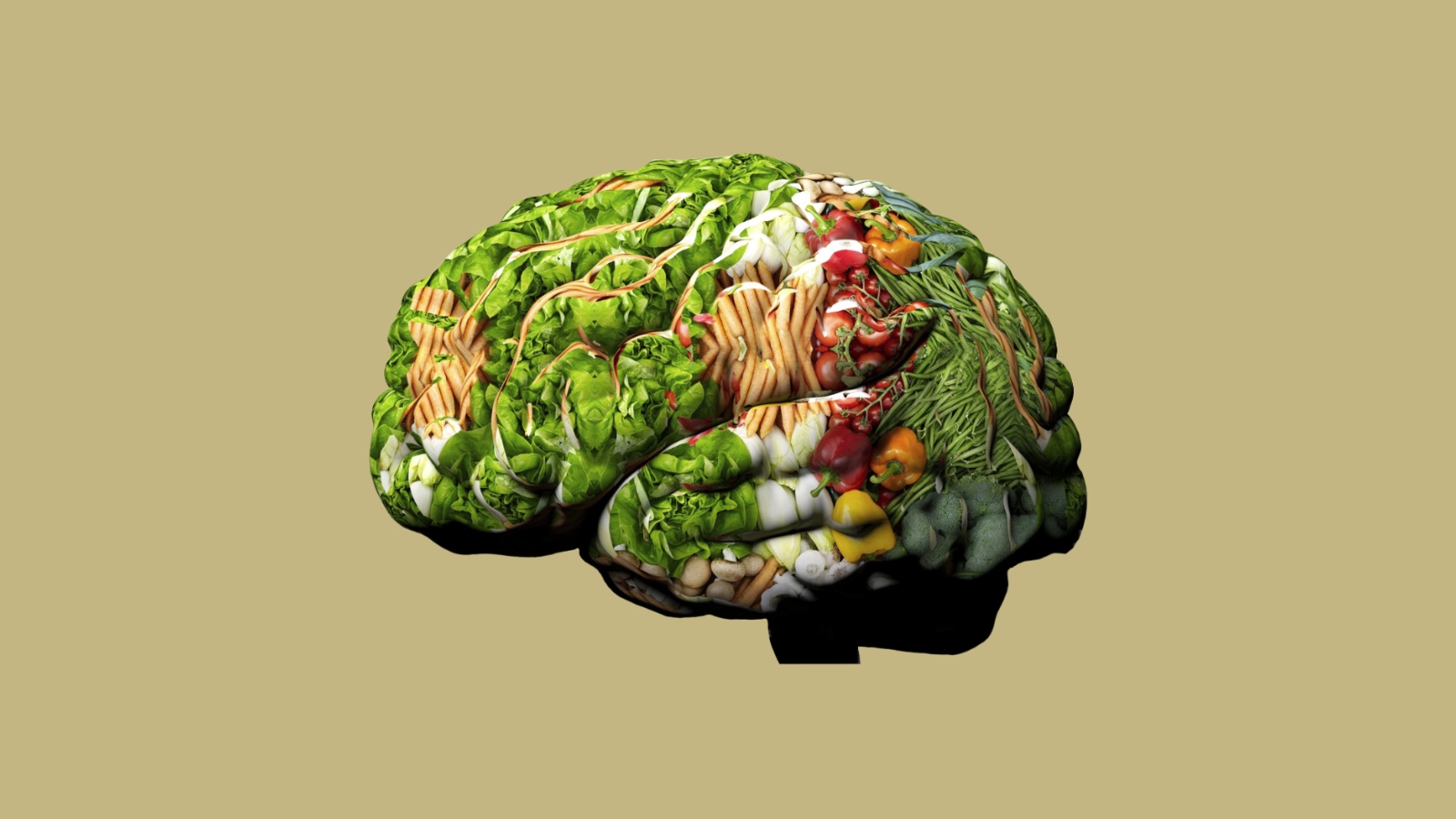Would following the USDA Dietary Guidelines actually make us healthy?

- The USDA’s Dietary Guidelines for Americans are regularly debated and criticized. Does following them actually make you live longer?
- Recently published research following over 119,000 Americans for 36 years showed that when participants’ diets more closely matched the guidelines, they were less likely to die from a variety of causes.
- The dietary guidelines generally recommend consuming whole grains, fruits, vegetables, nuts, and legumes.
For over 40 years now, the U.S. government has published dietary guidelines to help Americans eat right and stay healthy. Since then, rates of obesity and diabetes have skyrocketed. So at least on those fronts, the guidelines seem to have failed.
But why? Some naysayers insist that, for many years, the dietary guidelines have been misleading us, urging diets low in saturated fat and high in carbohydrates, despite accumulating evidence that this combination may not be universally healthful for everyone.
Indeed, the dietary guidelines have proven to be at least partially incorrect in the past. For example, the original instruction to limit dietary cholesterol intake to less than 300 milligrams per day, equivalent to the amount in one and a half eggs, has been debunked. There’s no conclusive link between dietary cholesterol and cholesterol levels in the body.
But there’s a simpler reason that might explain why so many Americans are unhealthy: The dietary guidelines are broadly correct and beneficial, but people just aren’t following them. Prior research suggests that this is the case. Data gathered from a representative sample of Americans by the National Center for Health Statistics between 2013 and 2018 showed that the average American diet does not conform to the guidelines. On a scale of 0 to 100, where 0 represents total noncompliance and 100 represents perfect compliance, Americans scored 58.
New rules
To the federal government’s credit, the agency behind the dietary guidelines (the U.S. Department of Agriculture) has updated them to keep up with evolving nutrition science and to fit in with the lives of Americans. Recognizing that there is no one true best diet, the guidelines today simply recommend various healthy eating patterns that Americans might choose from to support a long and salubrious life, breaking with past advice focusing on intake of individual foods. A dietary pattern “represents the totality of what individuals habitually eat and drink.”
Today’s dietary guidelines tout a few specific patterns: “Healthy Eating,” which focuses on good fatty acids, whole fruits, vegetables, greens, beans, whole grains, protein, seafood, and plant protein; the “Alternate Mediterranean Diet,” more centered around nuts, legumes, and fish in addition to whole grains and vegetables; and the “Healthful Plant-based Diet,” which urges high fat whole foods like avocados, nuts, and olives, as well as legumes, leafy greens, whole grains, vegetables, and fruits.
Recent research hints that following these dietary patterns would put Americans on track to achieve better health. A large team of public health researchers from some of America’s most prestigious academic institutions analyzed self-reported food intake data from over 119,000 U.S. healthcare workers and tracked their health data for 36 years, finding that greater adherence to any of the recommended eating patterns is linked to large decreases in the risk of dying from cardiovascular disease, cancer, or respiratory disease. Adjusting for all sorts of confounding variables like smoking, alcohol intake, and physical activity, the researchers reported that participants who scored in the top quintile of adherence to the dietary patterns had a 20% lower risk of death than participants in the bottom quintile.
In short, following the dietary guidelines, which generally urge the consumption of whole grains, fruits, vegetables, nuts, and legumes, will almost certainly make you live longer.




